
Lesson Plan: Online Messages on Manhood
This interactive lesson plan helps middle school youth (ages 12–14) explore the impact of online messages on their understanding of masculinity and manhood. Through engaging vocabulary activities,

This interactive lesson plan helps middle school youth (ages 12–14) explore the impact of online messages on their understanding of masculinity and manhood. Through engaging vocabulary activities,
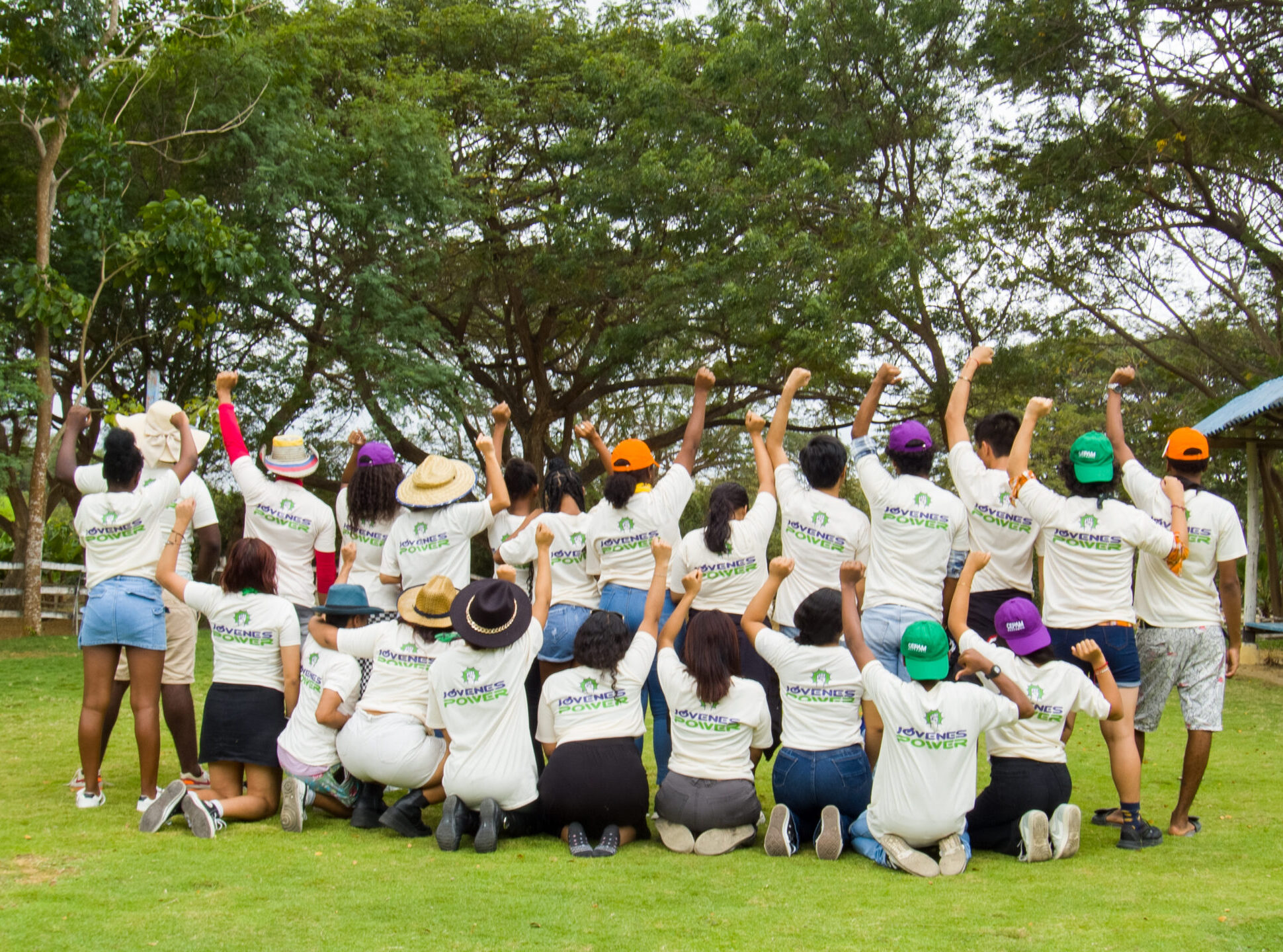
Co-created with and for youth, this manual contains everything you need to facilitate peer-to-peer processes in communities and schools that challenge harmful gender norms and promote relationships
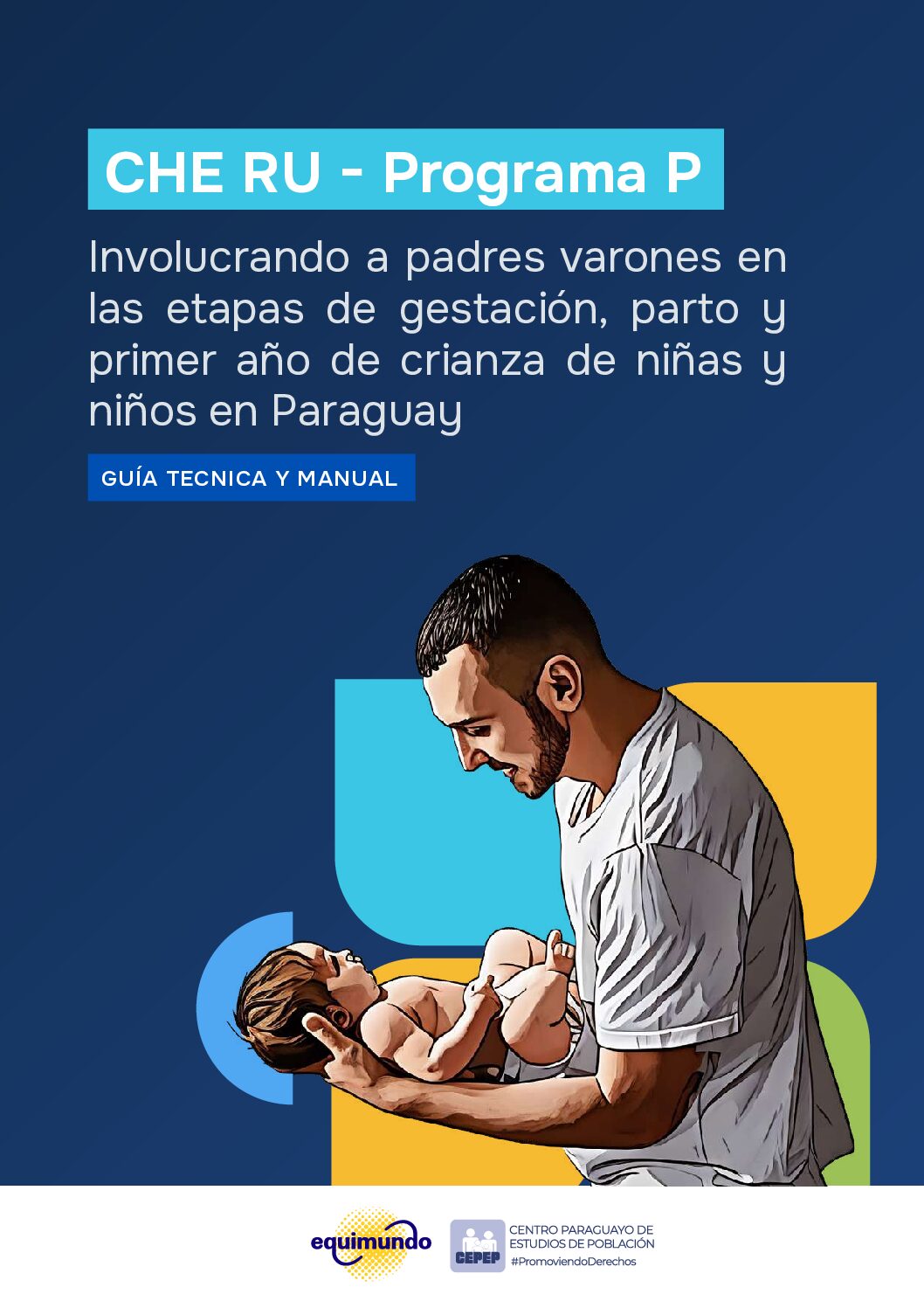
Che Ru, Programa P en Paraguay es una adaptación del Programa P. Está diseñado para implementarse en Paraguay.
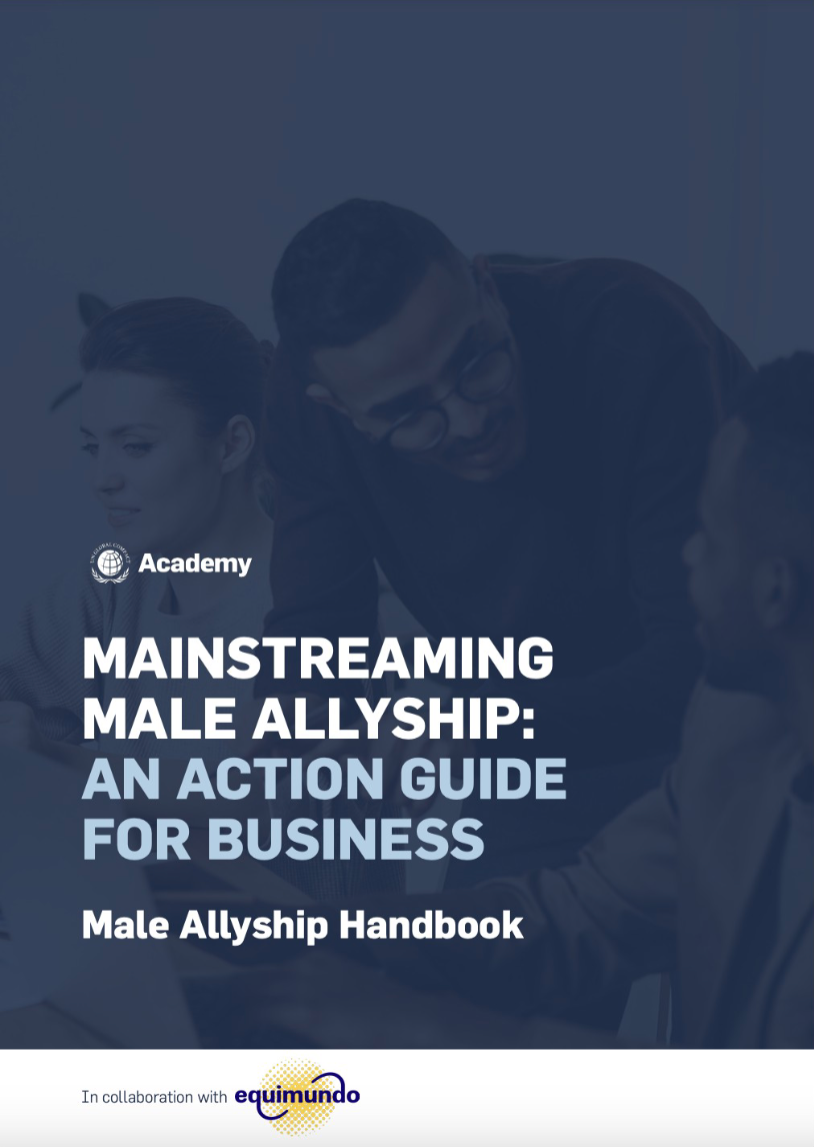
Mainstreaming Male Allyship: An Action Guide for Business is an innovative e-learning course developed by Equimundo in partnership with the UN Global Compact. Designed for leaders, HR professionals, supervisors, and employee resource groups, the course equips businesses with the tools to launch or strengthen male allyship initiatives in the workplace.
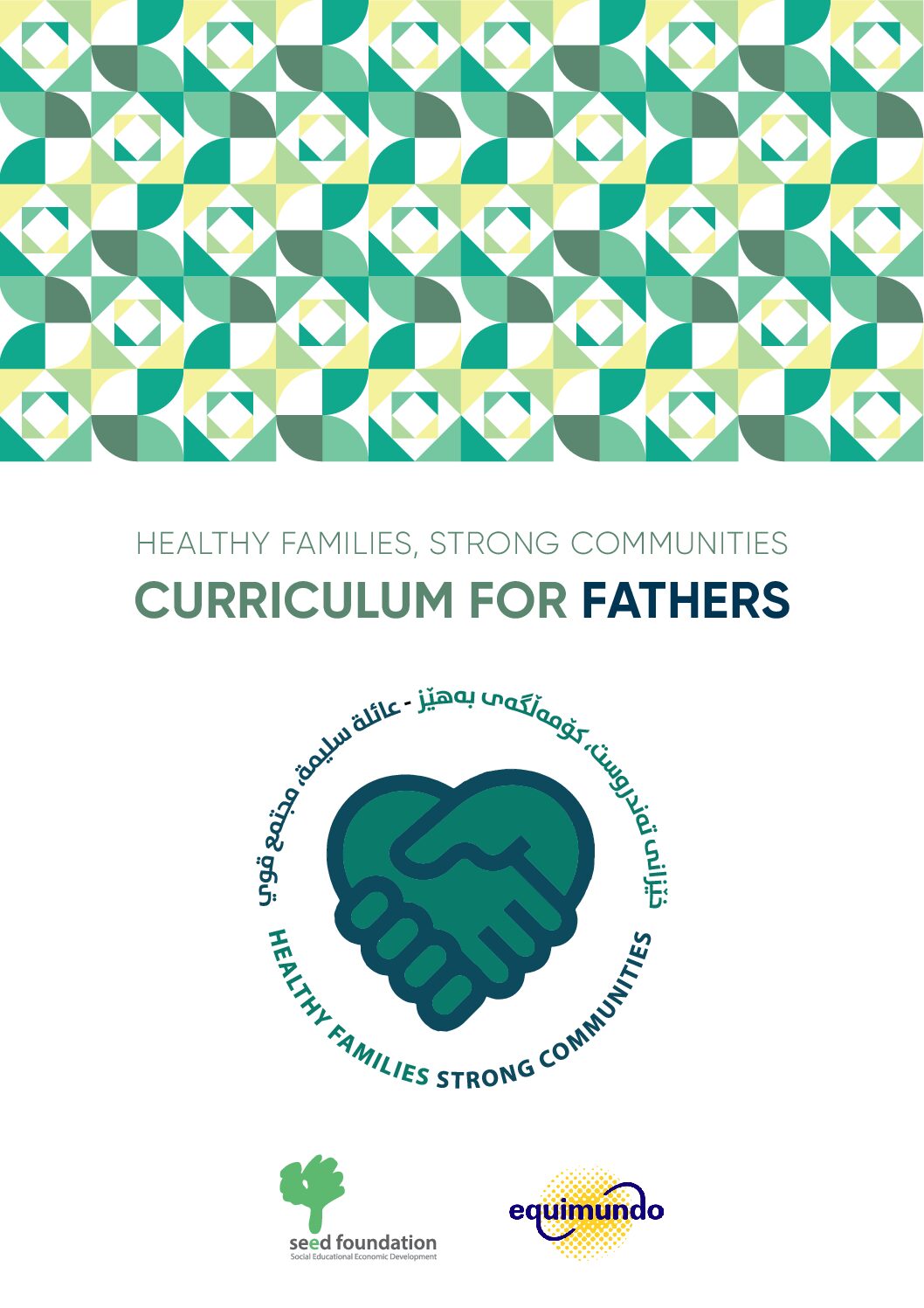
Equimundo and SEED Foundation jointly conducted formative research, and developed two curricula that have been adapted for the context of the Kurdistan Region of Iraq aiming to create more equitable outcomes for women and men in violence prevention and healthy relationships.
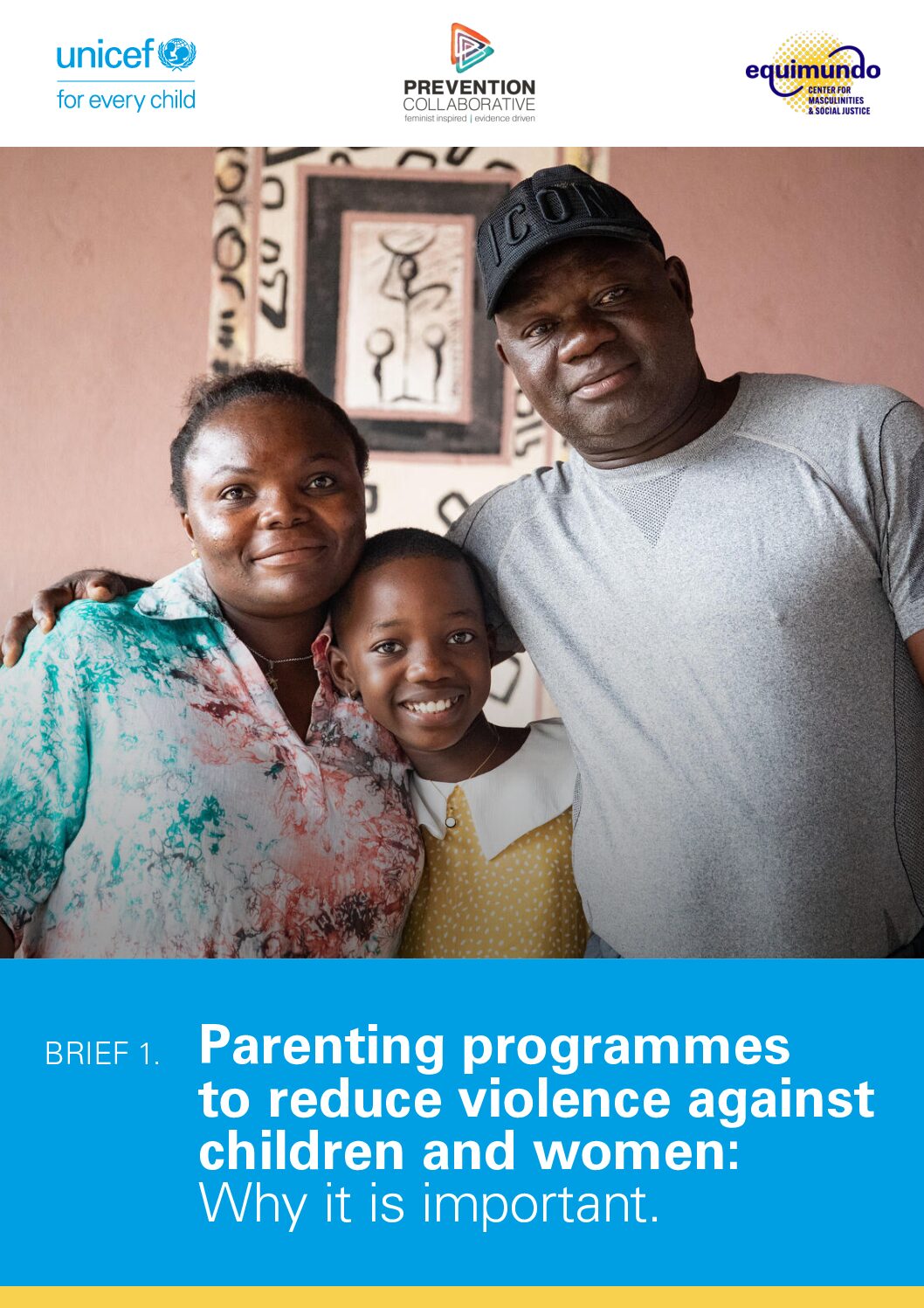
This series of parenting programs briefs was developed by UNICEF, The Prevention Collaborative, and Equimundo to support parenting practitioners to integrate the prevention of violence against children and women and gender equality promotion within parenting programs.
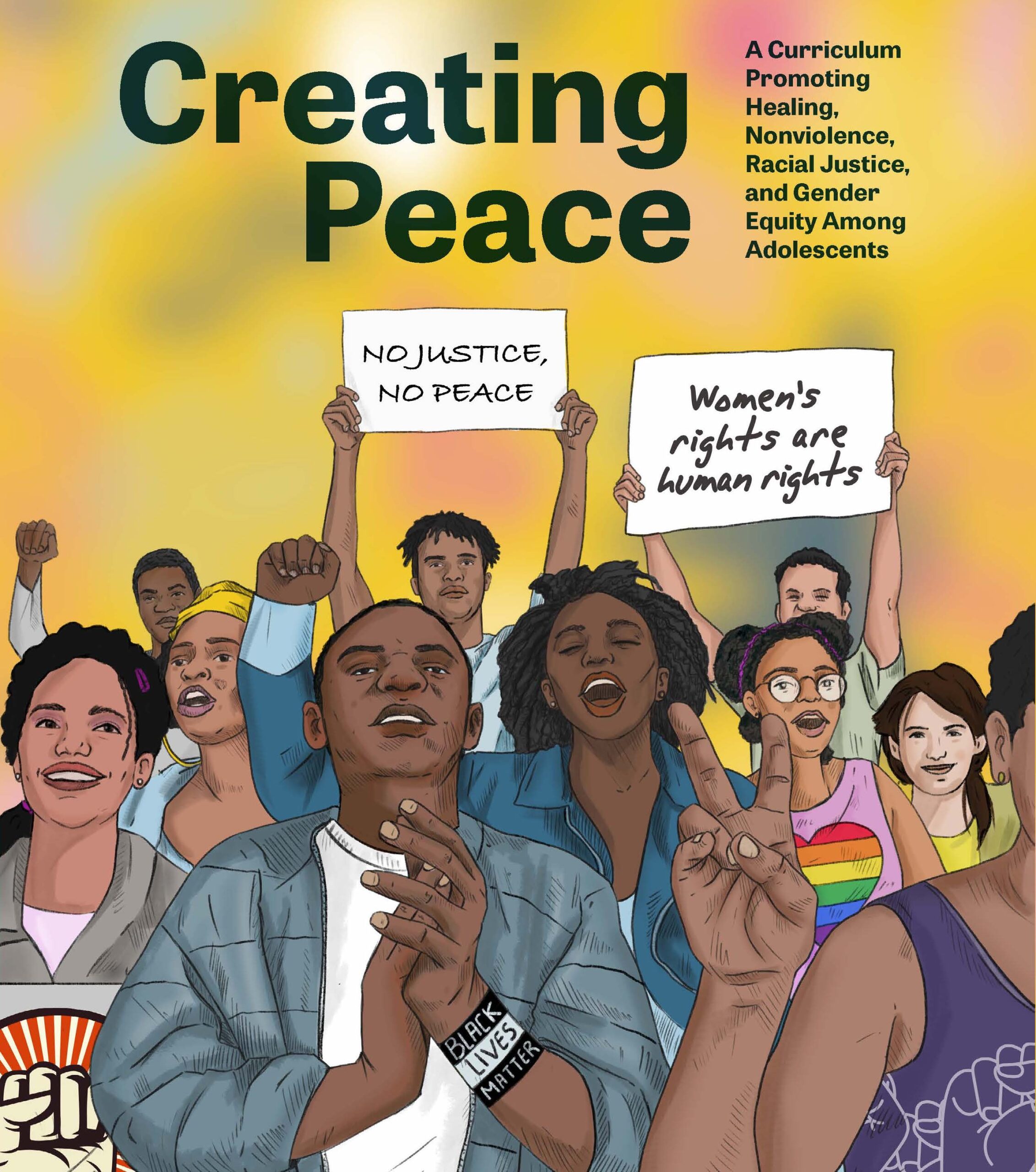
Engaging young people in peer dialogue, critical thinking, and activism, this program aims to address inequitable gender norms, promote racial justice, and ultimately reduce violence and discrimination in communities in Pittsburgh, Pennsylvania.
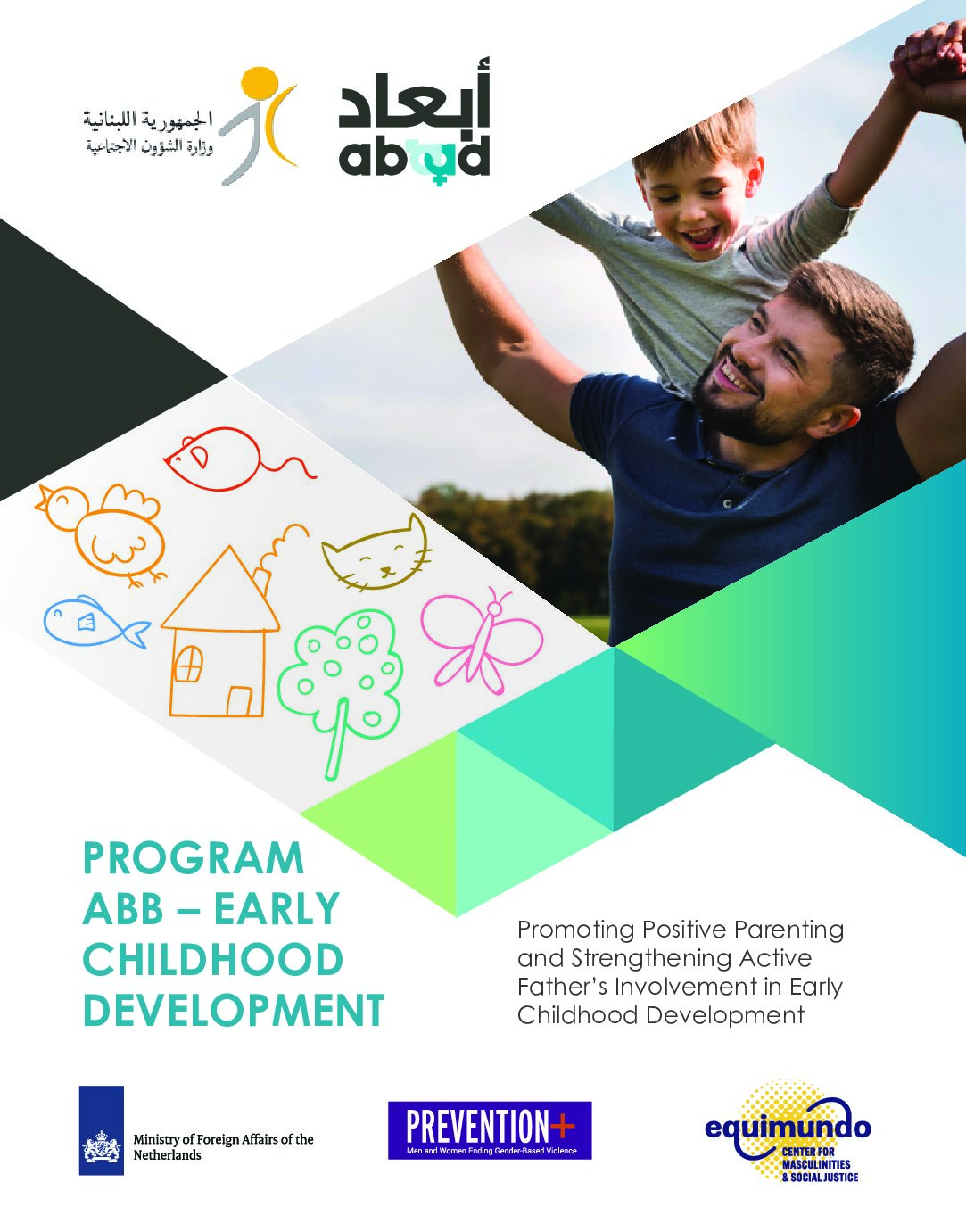
Program Abb (meaning father in Arabic) is a first-of-its-kind initiative aimed at encouraging fathers to play an active role in caring for their young children.
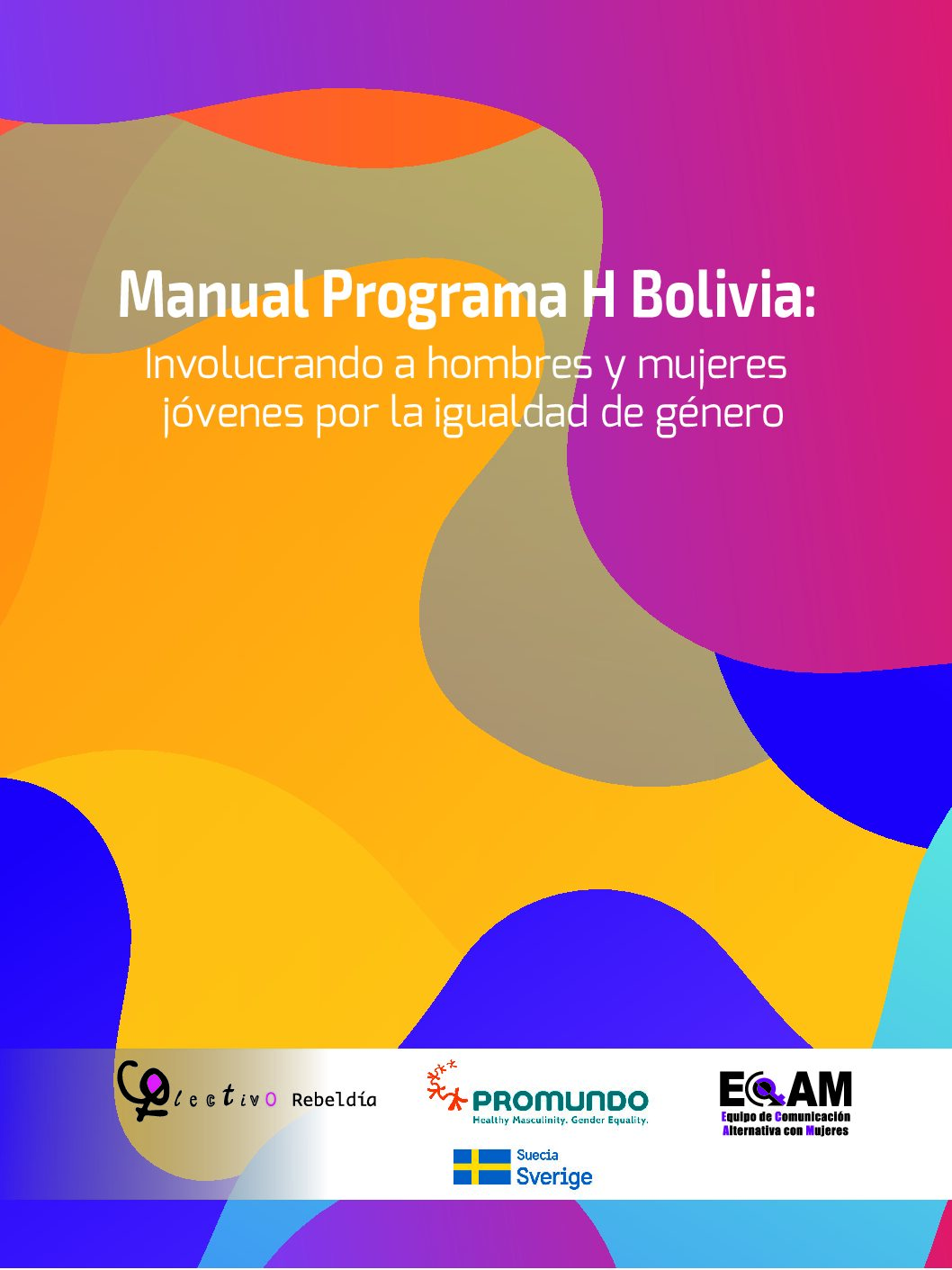
Beginning in 2019, Equimundo and local partners Colectivo Rebeldía and ECAM adapted, tested and conducted the first Bolivian implementation of Program H in Santa Cruz and Tarija,
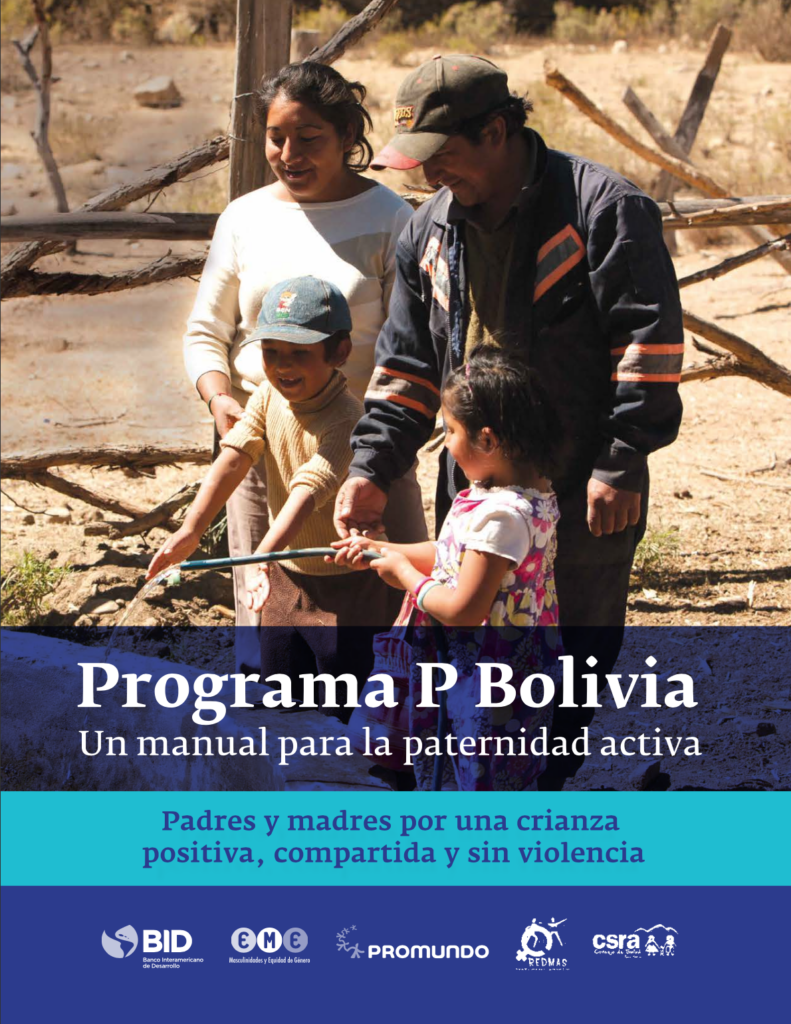
Program P (named after padre, the word for father in Spanish) is a gender-transformative, father-focused intervention that encourages male caregivers and their partners to challenge restrictive gender norms, learn new
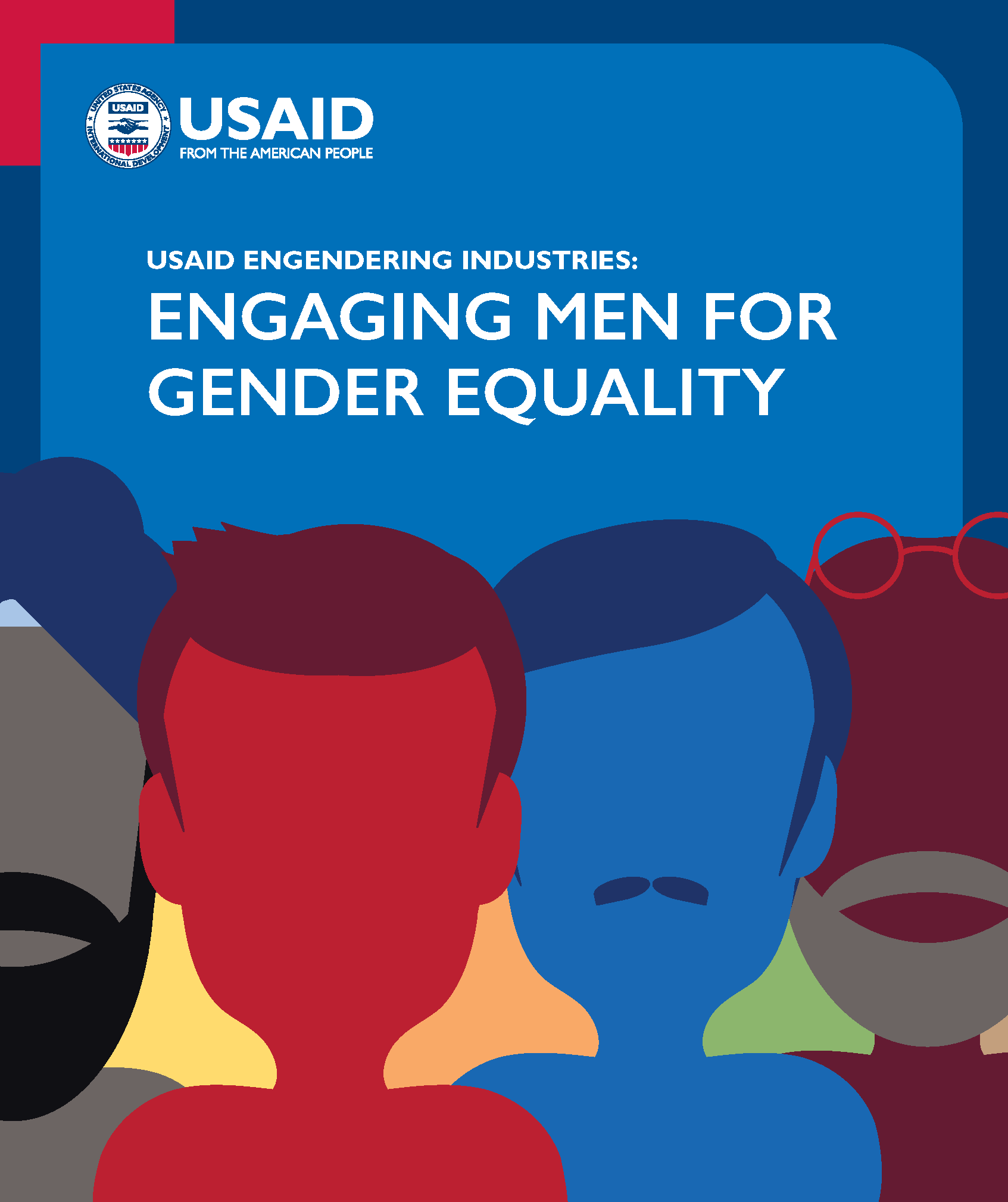
The Engaging Men for Gender Equality in the Workplace training manual engages employees (men and women) in dynamic group activities and discussions, as well as individual reflections, to promote equitable, respectful, and collaborative corporate cultures. The manual highlights the ways gender norms and inequalities lead to disparities in rights, workforce opportunities, and access to resources for both women and men. Topics include: gender basics; gender roles and norms; gendered divisions of work; power; gender-based violence; sexual exploitation, abuse, and harassment; male allyship; and interpersonal communication skills.
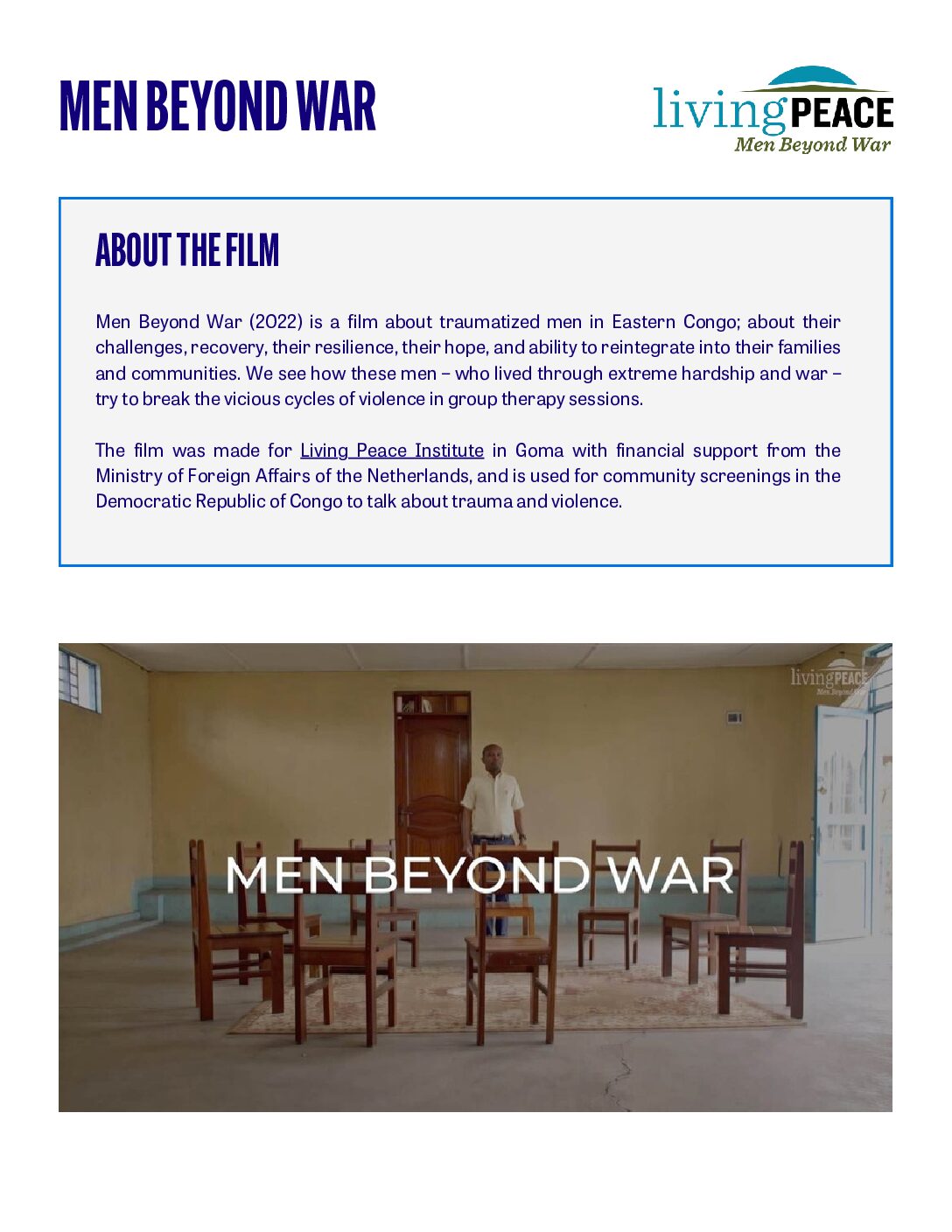
The Living Peace Institute (LPI) is a Congolese non-profit organization dedicated to promoting mental and psychosocial health of people in conflict areas to restore peace and stability. It was born out of research from the International Men and Gender Survey (IMAGES) and grounded in evidence-based research on breaking cycles of violence.
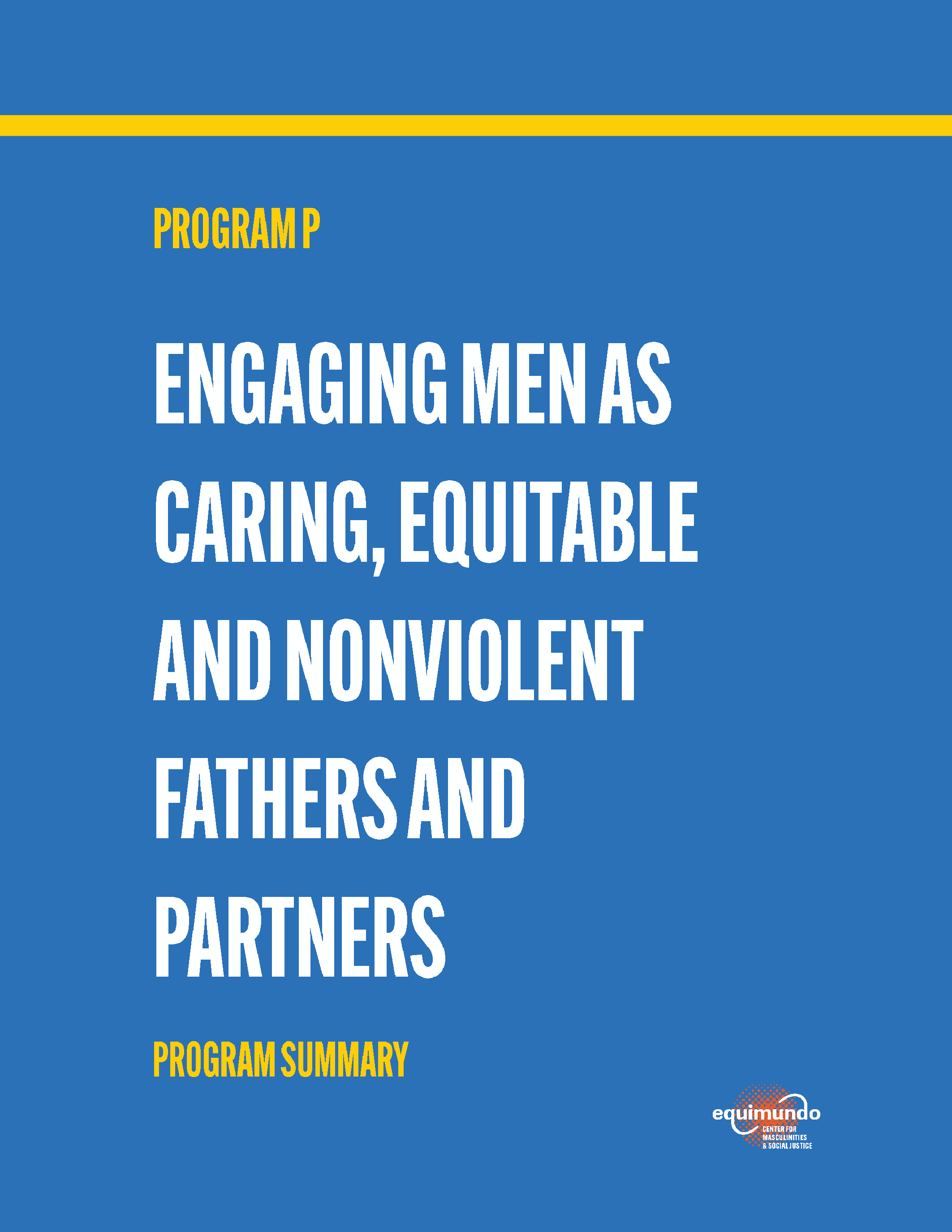
Program P is a gender-transformative intervention targeting parents (future or current parents of children aged 0-5 years). It is designed to encourage participants and community members to challenge harmful social beliefs and norms around gender power and roles. Program P was created by Equimundo along with Cultura Salud/EME and REDMAS as part of the MenCare campaign.
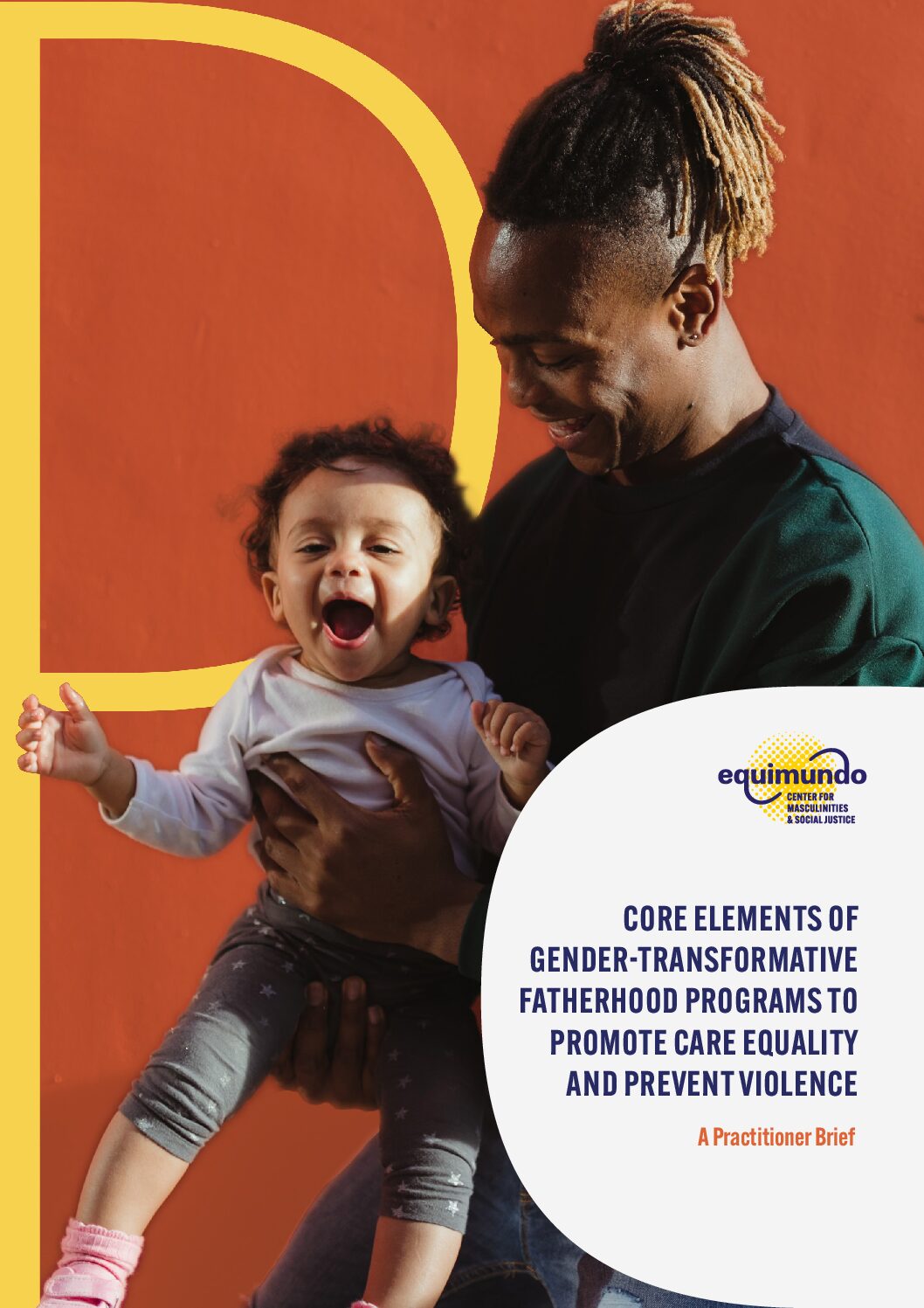
Program P (“P” for the words for father in Portuguese, pai, and Spanish, padre) was developed in 2011 specifically to promote men’s positive involvement as fathers in maternal, newborn, and child health (MNCH) and in caring for their children. Since then, it has been adapted in close to 30 countries by a wide array of partner organizations, ranging from small community-based organizations to large multilateral development organizations and governments, often in partnership with Equimundo.
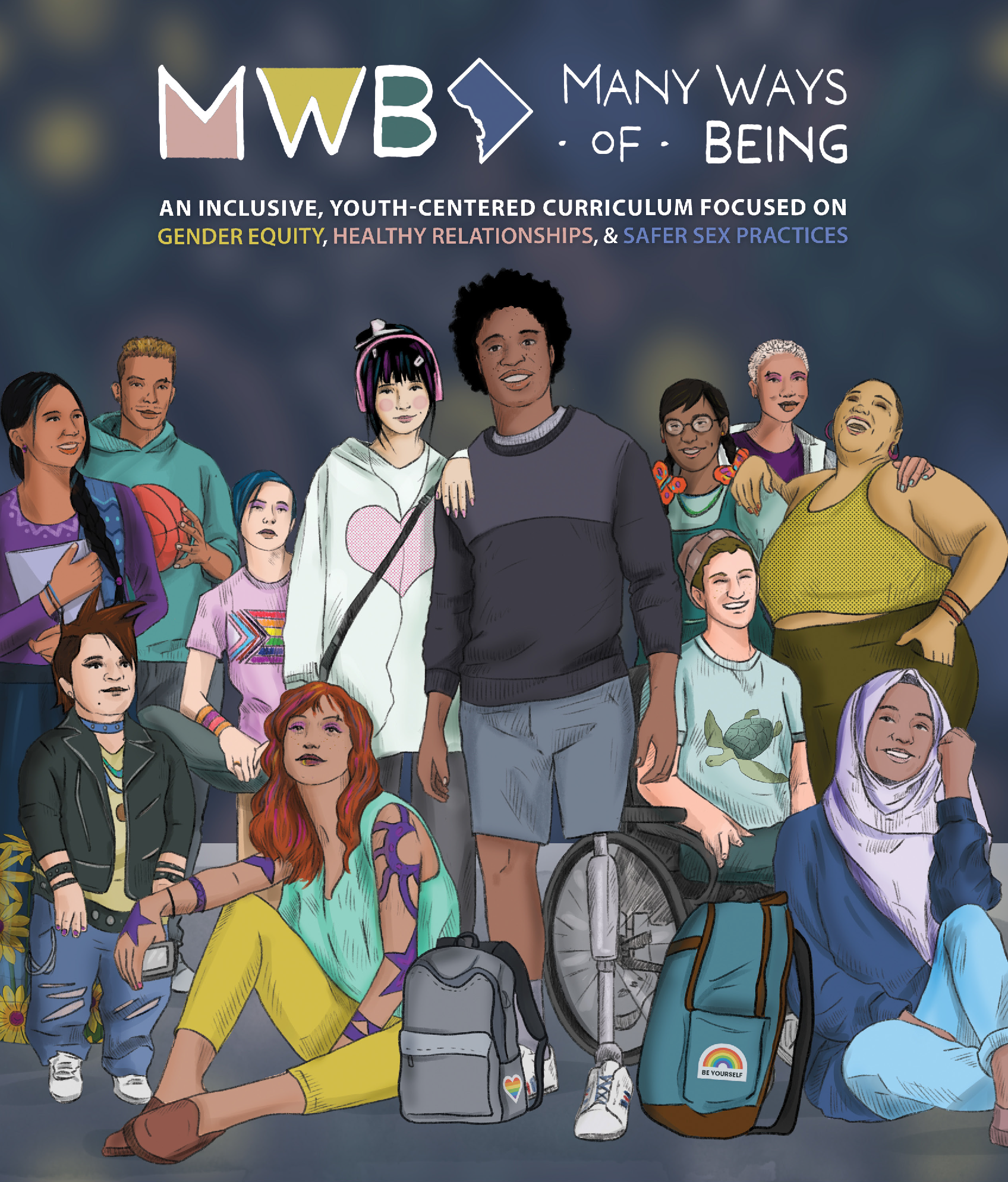
Many Ways of Being is a sex education program for young people of all gender identities, ages 15 to 19, aiming to promote healthy, consensual, and violence-free relationships among youth while reducing the incidence of sexually transmitted infections (STIs) and unplanned pregnancy.
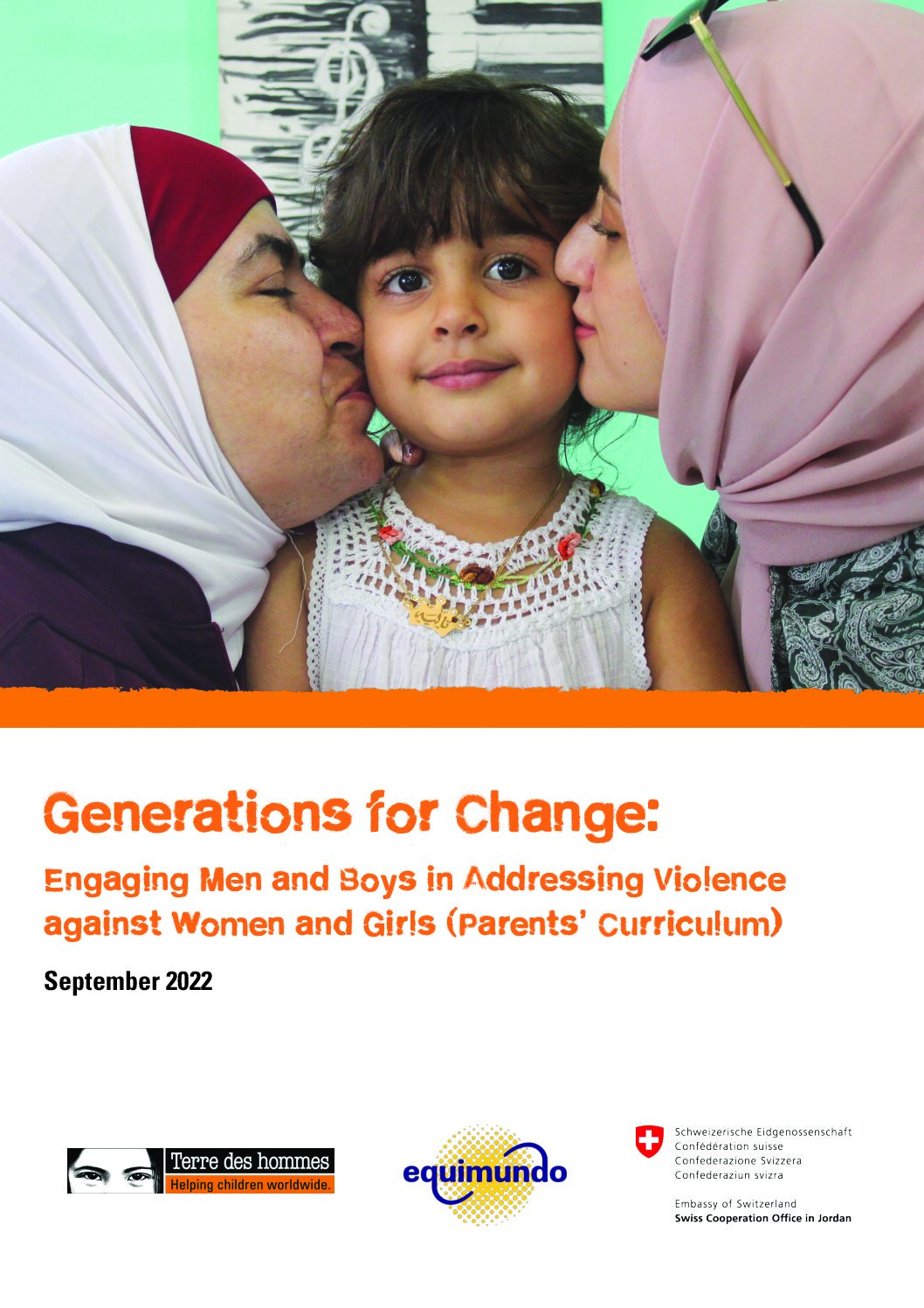
The Generations for Change curriculum engages with both parents and their young adolescents to reduce intergenerational violence and foster healthy, caring, and supportive relationships between parents and
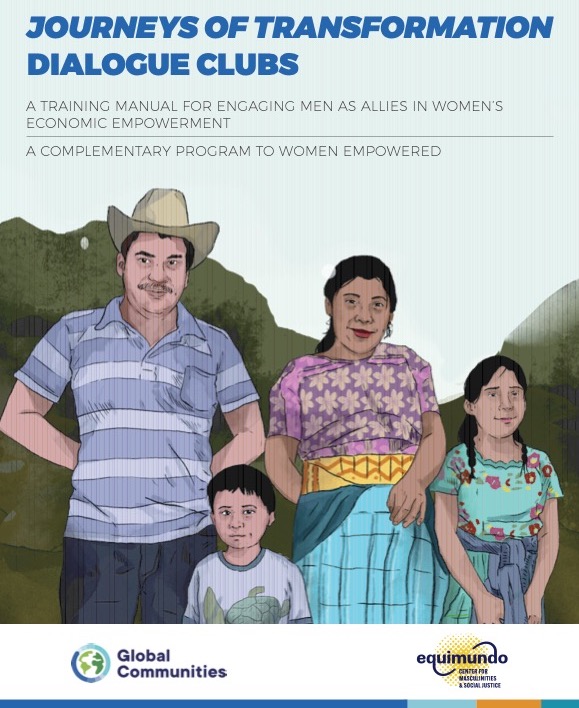
The Journeys of Transformation (JoT) program was created and implemented in Rwanda by CARE Rwanda, RWAMREC, and Equimundo to engage men as allies in women’s economic empowerment.
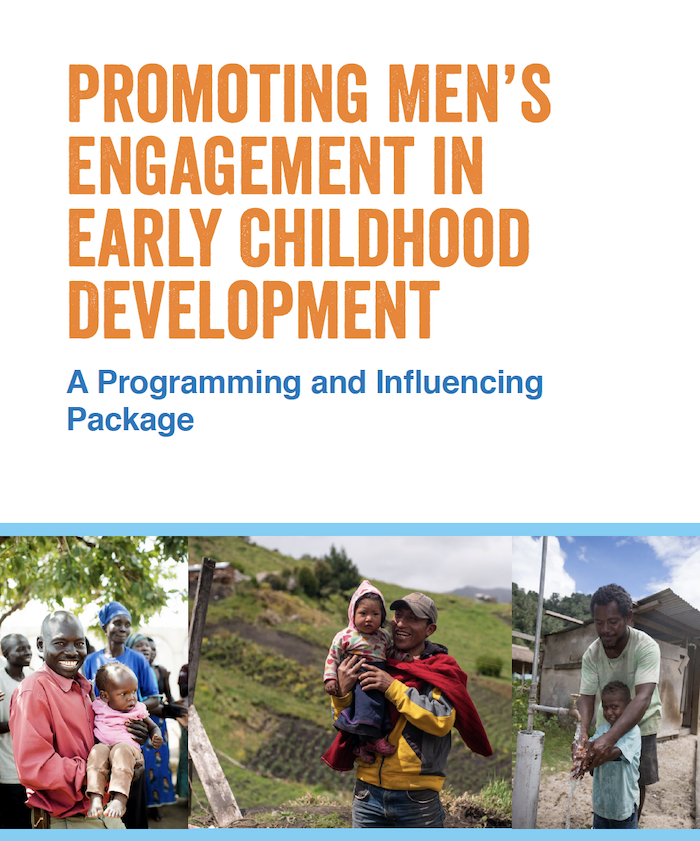
This programming and influencing package includes resources developed for programs that aim to increase male engagement in nurturing care and early childhood development (ECD), as well as
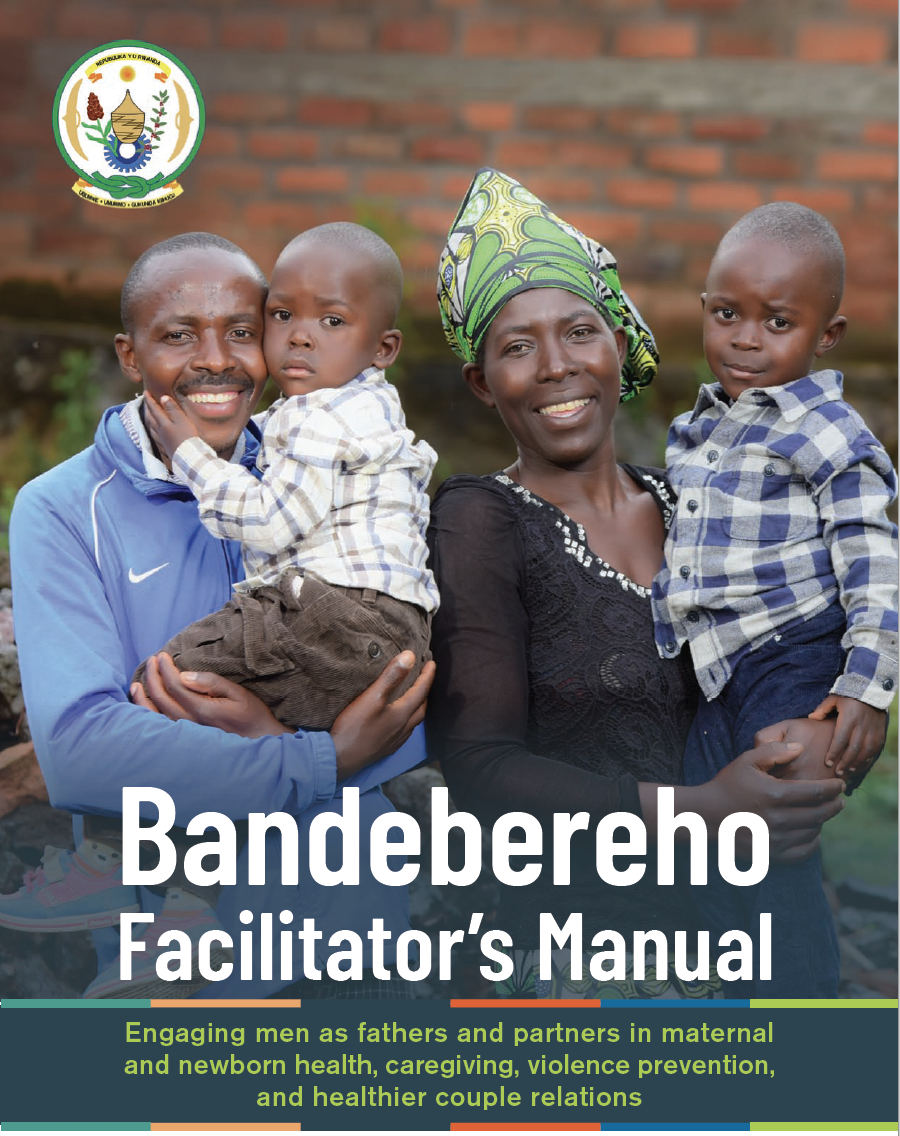
This manual was developed by RWAMREC and Equimundo to support the scale-up of the Bandebereho couples’ intervention through the health system in Rwanda. The manual is adapted
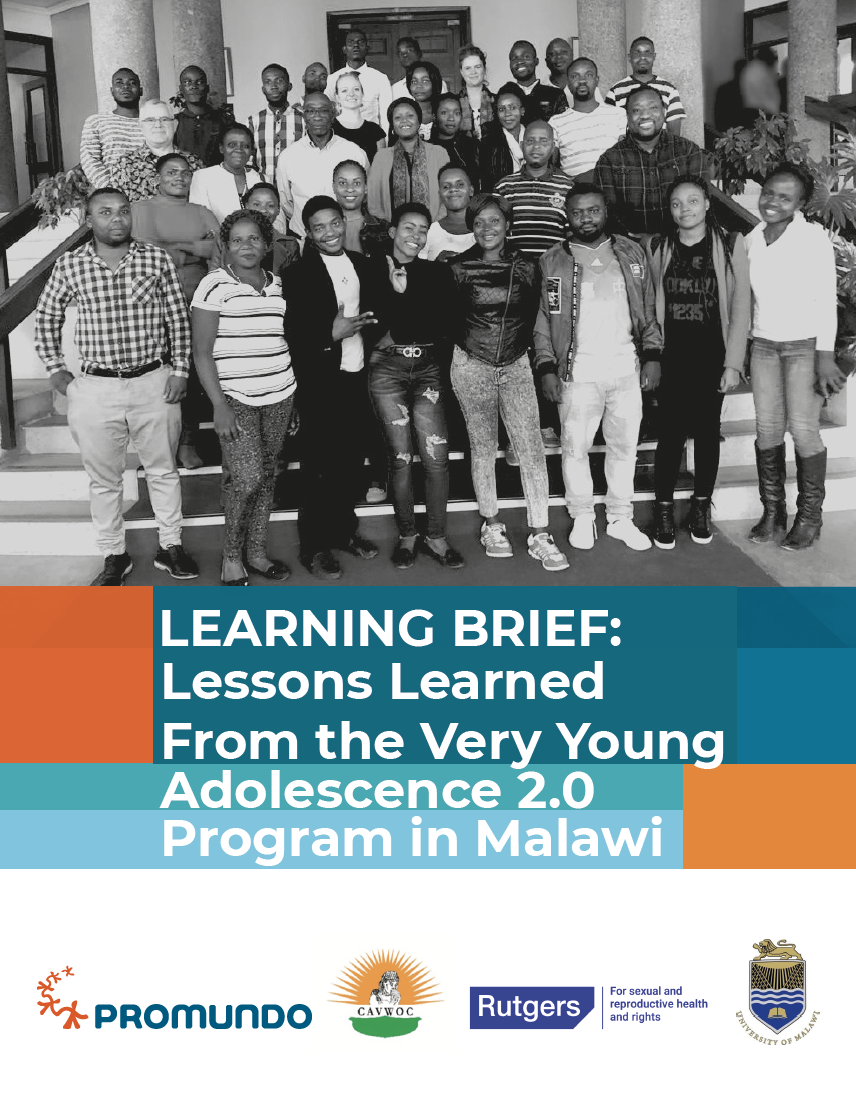
Though interrupted by COVID-19, the implementation of the Very Young Adolescence (VYA) 2.0 program in Malawi presented valuable insights into adapting and introducing an intervention focused on
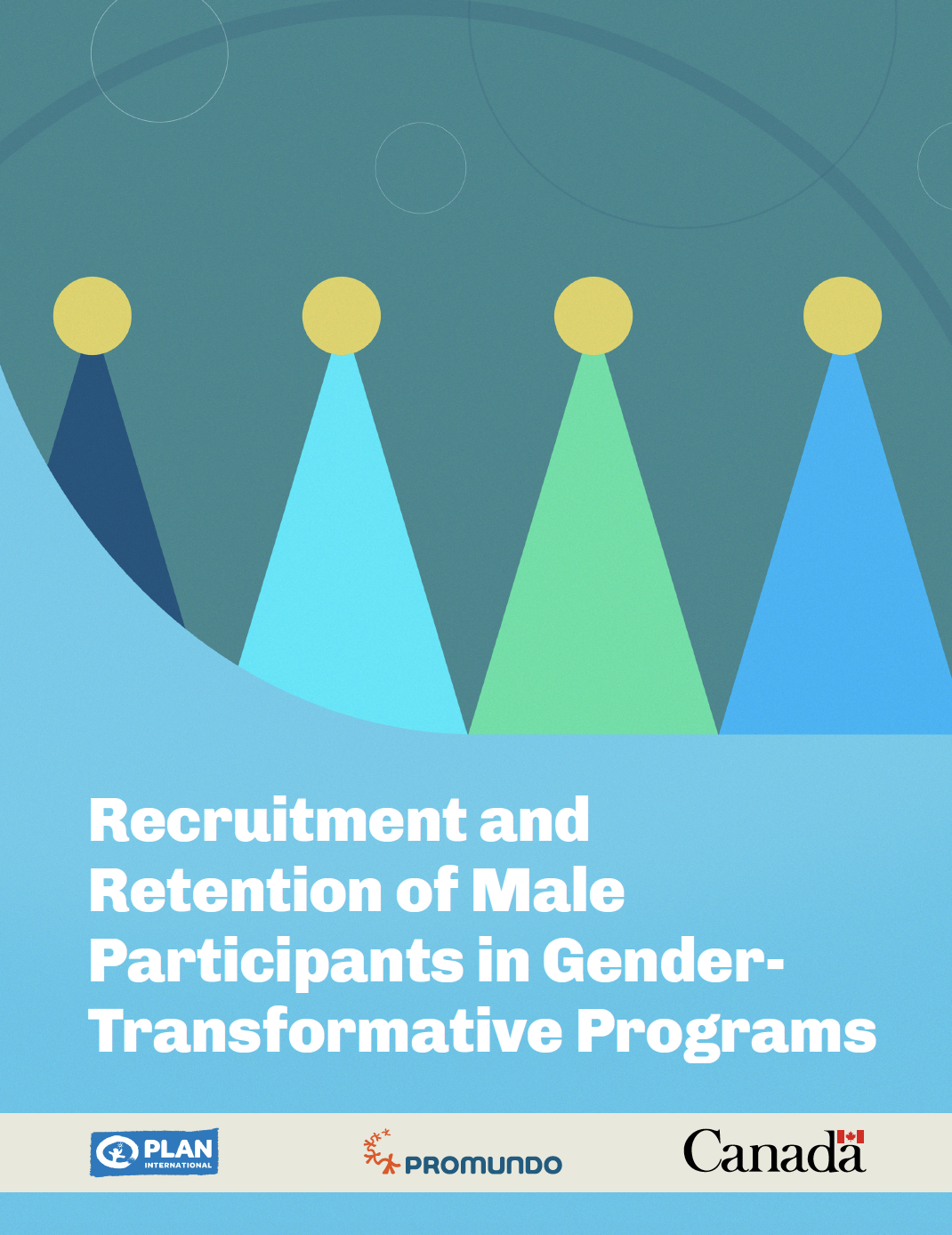
This learning brief is part of a set of three from Plan International Canada and Equimundo; the brief documents lessons learned from Plan International Canada’s Strengthening Health
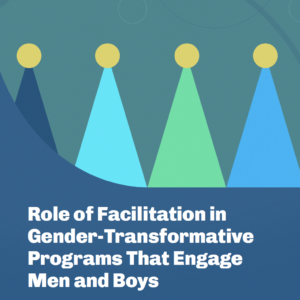
This learning brief is part of a set of three from Plan International Canada and Equimundo; the brief documents lessons learned from Plan International Canada’s Strengthening Health
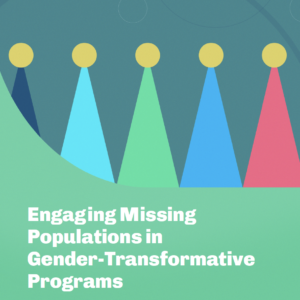
This learning brief is part of a set of three from Plan International Canada and Equimundo; the brief documents lessons learned from Plan International Canada’s Strengthening Health
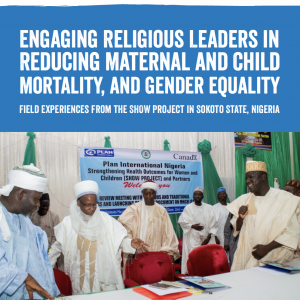
This knowledge brief is one of many publications documenting learning from the 4.5-year Strengthening Health Outcomes for Women and Children (SHOW) project, a multi-country effort to help